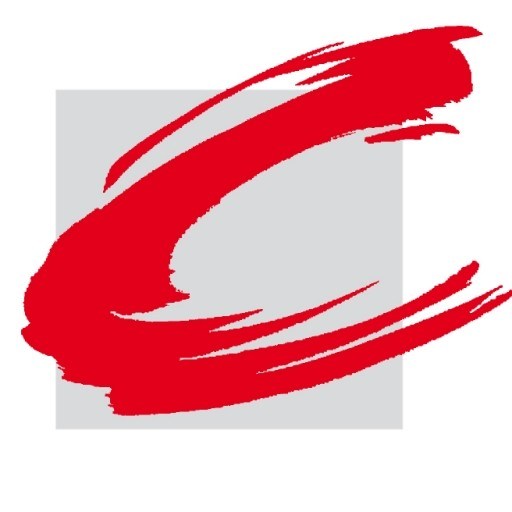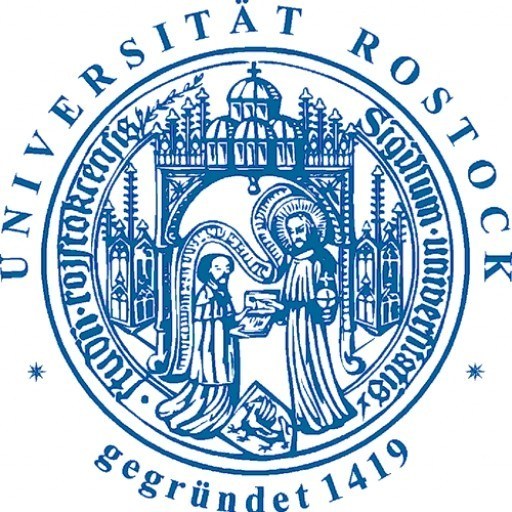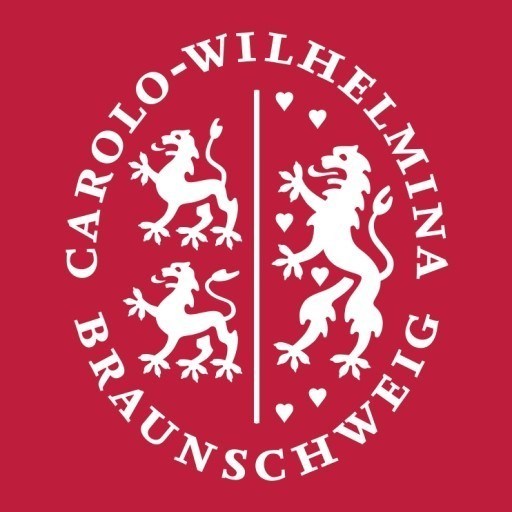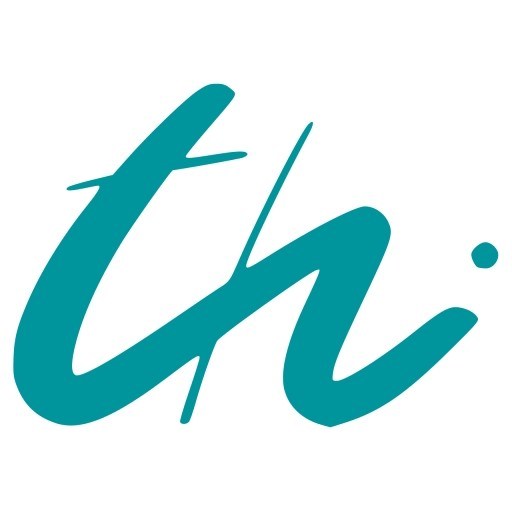Photos of university / #unifreiburg
The Master of Science in Sustainable Systems Engineering at the University of Freiburg is an interdisciplinary program designed to prepare students for innovative solutions to complex environmental and technical challenges. This program emphasizes the development of sustainable engineering practices by integrating principles from environmental science, engineering, and social sciences. Students will gain comprehensive knowledge of sustainable development, resource efficiency, renewable energy systems, and ecological impact assessment, equipping them to design and implement environmentally responsible technological solutions for a broad range of industries.
The curriculum combines theoretical foundations with practical applications, including project-based learning, laboratory work, and case studies. Core courses cover topics such as sustainable energy systems, life cycle assessment, environmental management, and eco-design. Students also have opportunities to specialize in areas like renewable energy technology, environmental informatics, or sustainable manufacturing. The program encourages critical thinking and innovation, fostering skills in problem-solving, systems analysis, and interdisciplinary collaboration.
Throughout their studies, students benefit from the university’s strong connections with industry partners, research institutions, and environmental organizations, providing valuable internships and real-world project experience. The program aims to prepare graduates for careers in environmental consulting, sustainable development planning, renewable energy companies, governmental agencies, and research institutions. Emphasizing a global perspective, the Master’s program also covers international environmental policies and sustainable development goals, preparing students for careers that contribute to global ecological and social wellbeing.
The program is typically structured over four semesters, culminating in a master's thesis that allows students to undertake in-depth research on a topic of their choice within sustainable systems engineering. The multicultural academic environment at the University of Freiburg encourages collaboration among students from diverse backgrounds, fostering a global outlook necessary for addressing worldwide sustainability challenges. By completing this program, graduates will be equipped to shape sustainable technical innovations and contribute effectively to the transition towards a more sustainable future, both locally and globally.
Educational organisation
SSE is an interdisciplinary programme that builds on a basic knowledge in electrical and mechanical engineering and informatics. In the first year, you will have compulsory courses in all areas of fundamental knowledge in sustainability engineering. From the second semester on, you can specialise in two of three technical specialisation areas and select an interdisciplinary profile. The curriculum contains a blend of lectures, lab courses, and projects.Semester 1
- Energy Storage
- Fundamentals of Resilience
- Material Life Cycles
- Control and Integration of Grids
- Computational Materials Engineering
- Solar Energy
Semester 2
- Power Electronic Circuits and Devices
- Design of Large Infrastructures
- Security and Privacy in Resilient Systems
- Technical Specialisation
- Interdisciplinary Profile
Semester 3
- Technical Specialisation
- Energy Systems
- Information Processing Technologies
- Sustainable Materials
- Resilience Engineering
- Interdisciplinary Profile
Semester 4
- Master's Project
- Master's Module
Forms of assessment
Each module may require oral or written exams, problem sets, laboratory reports or presentations and will be awarded an ECTS grade.Course objectives
The successful completion of the Master's programme qualifies graduates for a career in research. Graduates are also qualified for head positions in industries of conventional and renewable energy as well as supply companies. They can also work as infrastructure operators for mobility or energy.Language requirements
Applicants must provide proof of their English skills: TOEFL 550 (paper-based), 213 (computer-based), 79 (Internet-based) or Academic IELTS 6.0.Academic requirements
All applicants must have a Bachelor's degree in engineering (e.g. electrical, mechanical, electronics or process engineering) with an excellent CGPA or final grade.To apply for the Master of Science programme in Sustainable Systems Engineering, please register with the online application portal on our website, enter your data, print the PDF form, and send it by mail along with the following documents:
- A certified copy of your undergraduate diploma. If you have not yet completed your undergraduate studies, a certified transcript of marks is sufficient.
- A certified copy of your transcript of marks showing all courses taken and marks obtained as well as the current average grade.
- Proof of English proficiency (TOEFL, IELTS)
- GRE test (strongly recommended for applicants from abroad)
- Curriculum vitae or résumé
- APS certificate (for Chinese and Vietnamese applicants only)
All documents submitted must be in English. All original documents that are not in English or German must be accompanied by a notarised English or German translation. Please note that only hard copy (paper) applications will be accepted; electronic or incomplete applications will not be considered.
Enrolment fees
Approx. 150 EUR per semester, including student fee, administration fee, and contribution to the student unionCosts of living
Participants must make sure in good time that sufficient funds are available to finance their participation in a course of study. The average cost of living in Freiburg for one month is currently approx. 800-900 EUR. Some details:- Student accommodation costs approx. 280-450 EUR (monthly).
- Private expenses amount to around 350 EUR (monthly).
- Health insurance is available for approx. 45-90 EUR (monthly).
- Transport: A special student fare for regional transport costs approx. 89 EUR (per semester).
Job opportunities
Qualified students may easily find opportunities to work as a tutor or researcher in one of the laboratories of the department.Funding opportunities within the university
Each year, the Faculty of Engineering offers performance-based partial scholarships of 2,400 EUR per year and per student. This is offered to five of the best applicants for the Master's programmes.http://www.tf.uni-freiburg.de/studies/services/financialaid/crs-en
Arrival support
Orientation week:The week before the beginning of the winter semester is dedicated to events that help new students find their way around the campus, the university and the city of Freiburg. The events also serve to introduce the students to one another, facilitating early networking. Tutors accompany students to the immigration office and help them with all administrative matters. Guided tours of the campus and other important facilities are also offered.










